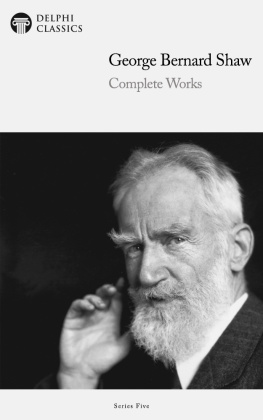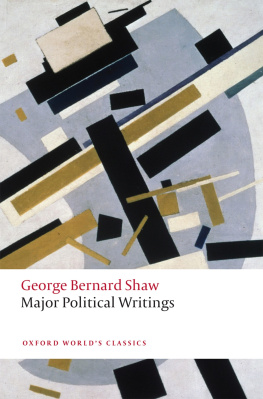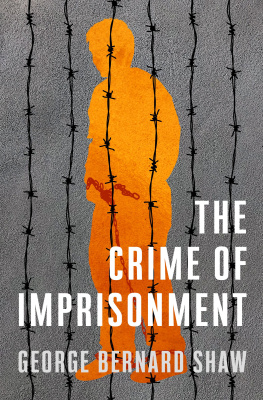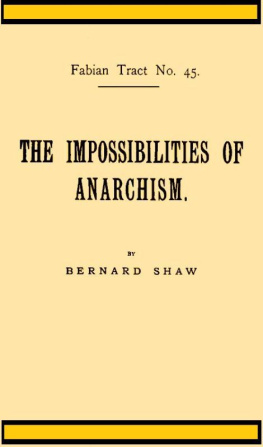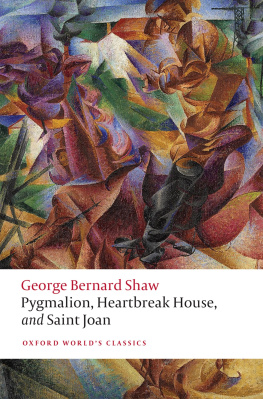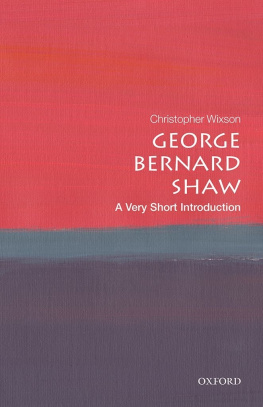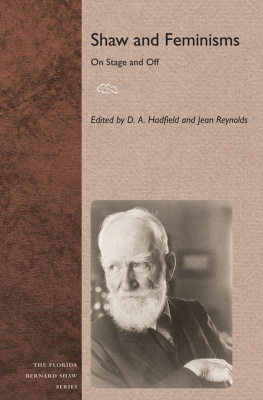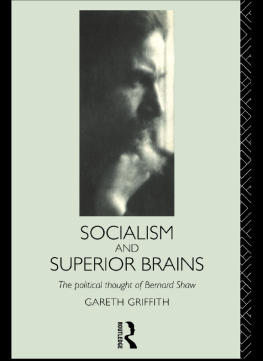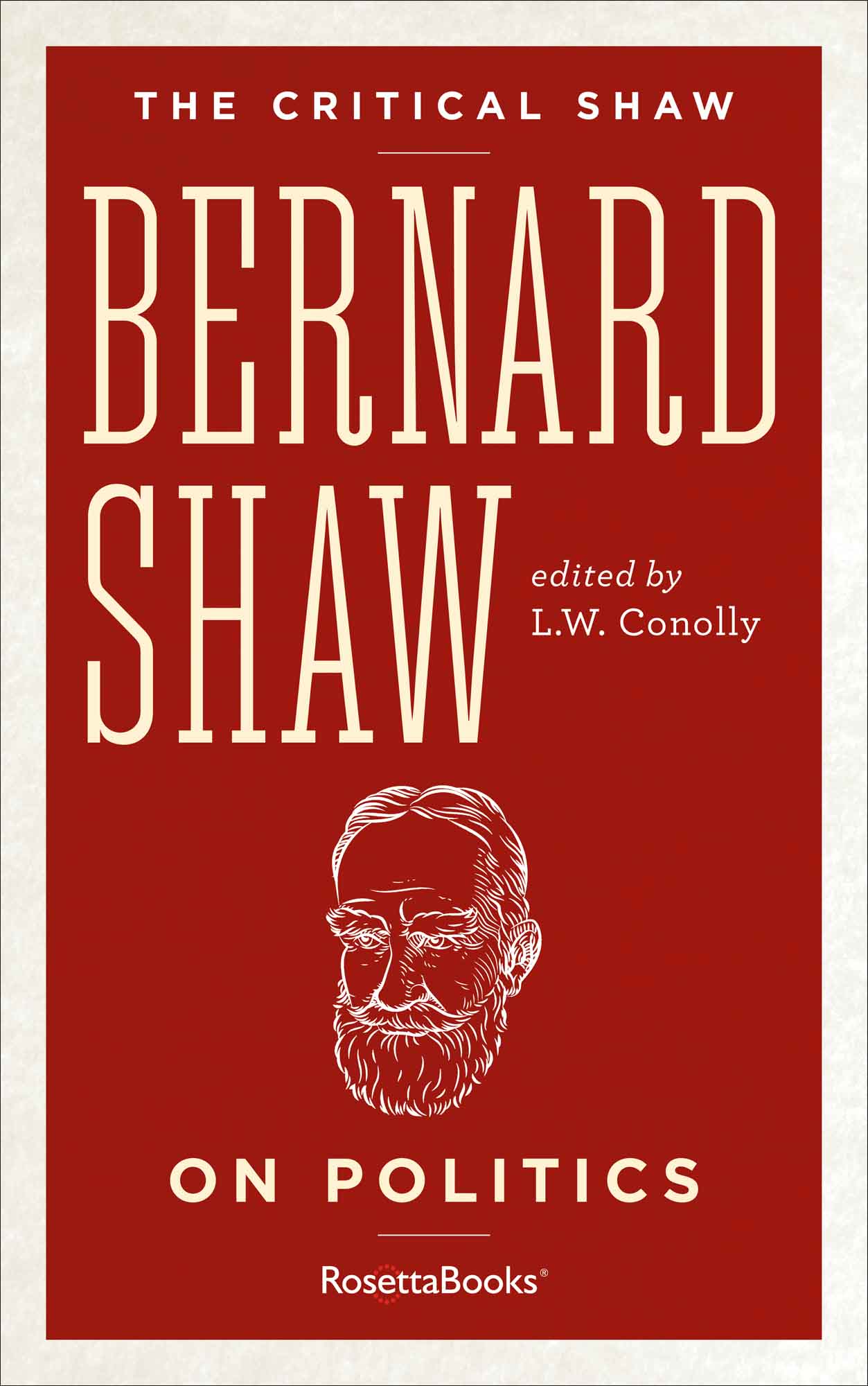George Bernard Shaw - Bernard Shaw on Politics
Here you can read online George Bernard Shaw - Bernard Shaw on Politics full text of the book (entire story) in english for free. Download pdf and epub, get meaning, cover and reviews about this ebook. year: 2016, publisher: RosettaBooks, genre: Politics. Description of the work, (preface) as well as reviews are available. Best literature library LitArk.com created for fans of good reading and offers a wide selection of genres:
Romance novel
Science fiction
Adventure
Detective
Science
History
Home and family
Prose
Art
Politics
Computer
Non-fiction
Religion
Business
Children
Humor
Choose a favorite category and find really read worthwhile books. Enjoy immersion in the world of imagination, feel the emotions of the characters or learn something new for yourself, make an fascinating discovery.

- Book:Bernard Shaw on Politics
- Author:
- Publisher:RosettaBooks
- Genre:
- Year:2016
- Rating:3 / 5
- Favourites:Add to favourites
- Your mark:
Bernard Shaw on Politics: summary, description and annotation
We offer to read an annotation, description, summary or preface (depends on what the author of the book "Bernard Shaw on Politics" wrote himself). If you haven't found the necessary information about the book — write in the comments, we will try to find it.
A collection of critical writings on politics from the Nobel Prize winning playwright behind Saint Joan and Man and Superman.
TheCritical Shaw: On Politics is a comprehensive selection of renowned Irish playwright and Nobel Laureate Bernard Shaws opinions on a wide range of political movements, ideologies, and events that helped shape the international landscape of the late nineteenth and early twentieth centuries. With unwavering conviction, and in many cases openly courting controversy and calumny, Shaw spoke his mind on the big -isms of his time: Socialism, Capitalism, Communism, and Fascism. He championed Socialism in its formative years, he condemned all combatants in the First World War, he berated Americas embrace of Capitalism, he praised Russias choice of Communism, he lauded Stalin, he rejected the notion that Hitler was responsible for the Second World War, and he scorned Democracy. Persistently provocative, sometimes outrageous, always the political iconoclast, Shaws political convictionsas soapbox orator or world-famous punditchallenge us to face the political issues and dilemmas of our own time with similar rigor and integrity.
The Critical Shaw series brings together, in five volumes and from a wide range of sources, selections from Bernard Shaws voluminous writings on topics that exercised him for the whole of his professional career: Literature, Music, Politics, Religion, and Theater. The volumes are edited by leading Shaw scholars, and all include an introduction, a chronology of Shaws life and works, annotated texts, and a bibliography. The series editor is L.W. Conolly, literary adviser to the Shaw Estate and former president of the International Shaw Society.
George Bernard Shaw: author's other books
Who wrote Bernard Shaw on Politics? Find out the surname, the name of the author of the book and a list of all author's works by series.

